Gary Taubes
description: an American journalist and author who focuses on scientific topics, particularly those related to nutrition and health
38 results
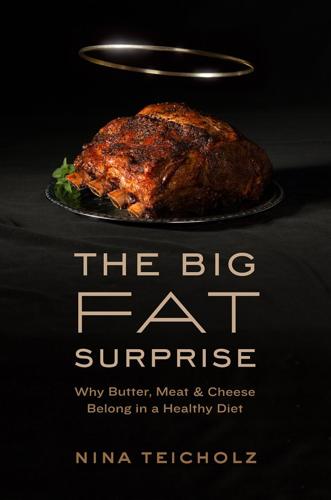
The Big Fat Surprise: Why Butter, Meat and Cheese Belong in a Healthy Diet
by Nina Teicholz · 12 May 2014 · 743pp · 189,512 words
, Volek, and Phinney came to the reasonable conclusion that the high-fat, low-carbohydrate diet could now be recommended to the public more broadly.XXII Gary Taubes and “The Big Fat Lie” While these researchers have been ignored by most mainstream medical and nutrition communities, the one person who has successfully redirected
…
conversation over the past decade toward the idea that carbohydrates, not fat, are the drivers of obesity and other chronic diseases is the science journalist Gary Taubes. In 2001, he wrote a critical history of the diet-heart hypothesis for Science magazine, which was the first time a major scientific journal had
…
, because it’s the one macronutrient that doesn’t stimulate the production of insulin. The New York Times Magazine Cover, July 7, 2002 Science journalist Gary Taubes wrote a landmark article, publicly challenging the idea that dietary fat of any kind causes heart disease or obesity. From The New York Times, July
…
allows for any single science reporter. Yet roughly two thirds of my interviews with nutrition experts began with something like: “If you are taking the Gary Taubes line, then I’d rather not talk to you.” Taubes, in turn, was a provocative critic of nutrition science and its practitioners. After one talk
…
to fluid retention during his coma (Anon., “Death of a Diet Doctor,” 2004). II. This history of low-carbohydrate diet practitioners was first compiled in Gary Taubes, Good Calories, Bad Calories (2007). III. In the mid-1970s, Elliot Danforth at the University of Vermont conducted a series of overeating experiments with different
…
, the people who most opened my eyes to the notion that US nutrition policy might have gone drastically wrong were Mary Enig, Fred Kummerow, and Gary Taubes. Through speaking with them and learning about nutrition science, I began to see the enormous dimensions of this story, which of course appealed to my
…
book in draft form and offered corrections: Michael Eades, Ron Krauss, George Maniatis, Lydia Maniatis, Stephen Phinney, Chris Ramsden, Jeremy Rosner, David Segal, Christopher Silwood, Gary Taubes, Leslie A. Teicholz, Eric Westman, and Lars Wiedermann. I am extremely grateful to them for their time and for thoughtful attention to the material, as
…
: “The Fat of the Land,” Time, January 13, 1961, 48–52. A number of critics have since pointed out: Ravnskov, The Cholesterol Myths, 18–19; Gary Taubes, Good Calories, Bad Calories: Fats, Carbs and the Controversial Science of Diet and Health (New York: Alfred A. Knopf, 2007), 32. as he wrote, he
…
, Thrombosis, and Vascular Biology 9, no. 1 (1989): 129–135. researchers were unable to find: Ibid. “disappointed in the way it came out”: Quoted in Gary Taubes, Good Calories, Bad Calories: Fats, Carbs, and the Controversial Science of Diet and Health (New York: Alfred A. Knopf, 2007), 38. But the results . . . “with
…
-usual-bad-science/#_ednref2. the top meat eaters were also found: Pan et al., “Red Meat Consumption and Mortality,” 557. statisticians generally agree: Described in Gary Taubes, “Do We Really Know What Makes Us Healthy? New York Times Magazine, September 16, 2007. the reported difference: World Cancer Research Fund and the American
…
the Fallacy that Saturated Fat and Cholesterol Cause Heart Disease (Washington, DC: New Trends, 2000). “What if It’s All Been a Big Fat Lie?”: Gary Taubes, “What if It’s All Been a Big Fat Lie?” New York Times Magazine, July 7, 2002. In 2007, he published a book
…
: Gary Taubes, Good Calories, Bad Calories: Challenging the Conventional Wisdom on Diet, Weight Control, and Disease (New York: Alfred A. Knopf, 2007). Gina Kolata . . . called: Gina Kolata, “
…
Carbophobia,” New York Times, October 7, 2007. Taubes wrote later on his blog: Gary Taubes, “Catching Up on Lost Time: The Ancestral Health Symposium, Food Reward, Palatability, Insulin Signaling and Carbohydrates, Kettles, Pots and Other Odds and Ends (with Some
…
Philosophy of Science as a Special Added Attraction). Part I,” Gary Taubes (blog), September 2, 2011, accessed February 12, 2014 http://garytaubes.com/2011/09/catching-up-on-lost-time-ancestral-health-symposium-food-reward-palatability-insulin
…
). said Ronald M. Krauss: Ronald M. Krauss, interview with author, August 21, 2013. British Medical Journal: Gary Taubes, “The Science of Obesity: What Do We Really Know About What Makes Us Fat? An Essay by Gary Taubes,” British Medical Journal 346 (2013), doi: 10.1136/bmj.f1050. more than a few major studies: Michel
…
–1584. Tannenbaum, Albert. “The Genesis and Growth of Tumors. III. Effects of a High-Fat Diet.” Cancer Research 2, no. 7 (July 1942): 468–475. Taubes, Gary. “The Soft Science of Dietary Fat.” Science 291, no. 5513 (March 2001): 2536–2545. ———. “What if It’s All Been a Big Fat Lie?” New
…
Be Wary.” New York Times, October 28, 2007. ———. “The Science of Obesity: What Do We Really Know about What Makes Us Fat? An Essay by Gary Taubes.” British Medical Journal 346 (April 16, 2013). ———. “What Makes You Fat: Too Many Calories, or the Wrong Carbohydrates?” Scientific American 309, no. 3 (September 2013
…
, 293 tallow, 25, 81, 87, 225, 228, 237, 246, 280, 282, 333, 337 trans-free alternatives and, 270–71, 277 US consumption of, 83, 84 Taubes, Gary, 104n, 311–16 carbohydrates and, 292n, 311–13, 315, 326 heart disease and, 119n, 312 obesity and, 311–13, 312 saturated fats and, 324 Teter
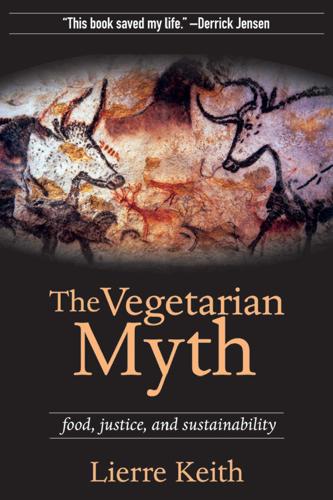
The Vegetarian Myth: Food, Justice, and Sustainability
by Lierre Keith · 30 Apr 2009 · 321pp · 85,893 words
. If the low-carb detractors in both the medical profession and the media knew their biology a little bit better, they’d drop it. Journalist Gary Taubes interviewed ketosis experts for his groundbreaking New York Times article, “What If It’s All Been a Big Fat Lie?” The experts “universally sided with
…
did the traditional foods recognized as essential, if not sacred, since forever get demonized by our culture? That history has been documented by writers like Gary Taubes and Ron Schmid, and a full recounting is beyond the scope of this book.139 But a brief overview should help the reader understand the
…
hydrogenated oils, chemically altered fats for which there are in fact no safe levels of consumption. Alan Stone, staff director for the McGovern committee, told Gary Taubes that he had an inkling about how the food industry would respond to the new dietary goals back when the hearings were first held. An
…
to be asked. Answering it would go a long way toward restoring our health, our communities, our democracy, and ultimately our one and only planet. Gary Taubes’s book Good Calories, Bad Calories: Challenging the Conventional Wisdom on Diet, Weight Control, and Disease, is a complete investigation into both the science and
…
dropped 40 percent and the number of us with chronically high cholesterol has declined 28 percent.166 But we have not gotten any healthier. As Gary Taubes writes, “Indeed, if the last few decades were considered a test of the fat-cholesterol hypothesis of heart disease, the observation that the incidence of
…
heart disease. There were plenty of highly credentialed people on hand to argue for the carbohydrate hypothesis, and argue they did. As a side note, Gary Taubes points out that McGovern himself had spent a month at Nathan Pritikin’s diet center.186 By his own admission, McGovern was only able to
…
50 was scant, and for women over 50 it was utterly absent. The doctors themselves said that cholesterol has “no predictive value.” “This means,” writes Gary Taubes, “women over fifty would have no reason to avoid fatty foods because lowering their cholesterol by doing so would not lower their risk of heart
…
were convinced to eat the “healthy” diet—less fat, more whole grains and vegetables— had the same breast cancer risk as the control group. Comments Gary Taubes, “In the two decades since the NIH, the surgeon general, and the National Academy of Sciences first declared that all Americans should consume low-fat
…
the late Dr. Robert Atkins, Kaayla Daniel, Drs. Mary Dan and Michael Eades, Dr. Mary Enig, Dr. Malcolm Kendrick, Julia Ross, Dr. Ron Schmid, and Gary Taubes. I would like to thank my volunteer army of proofreaders, who saved me from untold humiliations: Roxanne Amico, Jorge Chang, Valija Evalds, Rita Franz, Heather
…
.” 123 Schmid, Untold Story of Milk, p. 108. 124 Ibid., p. 109. 125 Ibid., p. 105. 126 Ibid., p. 106. 127 Ibid., p. 106. 128 Gary Taubes, “What If It’s All Been A Big Fat Lie?” 129 Schmid, Untold Story of Milk, p. 107. 130 Ibid., p. 136. 131 Price, p
…
. 149 Schmid, Untold Story of Milk, p. 153. 150 Ibid., p. 153. 151 Ibid., p. 149. 152 Ibid., p. 149. 153 Ibid., p. 150. 154 Gary Taubes, Good Calories, Bad Calories, p. 5. 155 Ibid., p. 6. 156 Ibid., p. 7. “According to the Bureau of the Census, in 1910, out of
…
17, 2007). Tatum, Terry. “The Mystery of the Swamp Tree.” Georgia Wildlife Federation. http://www.gwf.org/programs/swamptree.html (accessed on July 2, 2007). Taubes, Gary. Good Calories, Bad Calories: Challenging the Conventional Wisdom on Diet, Weight Control, and Disease. New York: Knopf, 2007. ----”What If It’s All Been A
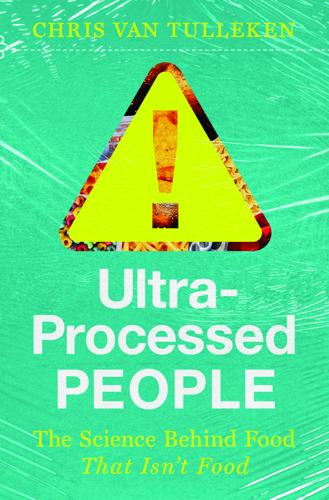
Ultra-Processed People: The Science Behind Food That Isn't Food
by Chris van Tulleken · 26 Jun 2023 · 448pp · 123,273 words
culprit blamed for the rise in the number of people gaining weight: sugar. This chapter is about why sugar and carbohydrates are not to blame. Gary Taubes is probably why you’re aware of the idea that carbs are the problem. He’s also probably why you’ve heard of keto diets
…
’ carbohydrate-insulin model had been shown to be incorrect – the model was too simplistic. NuSI started to collapse and finally closed in 2021. I called Gary Taubes to get his view on what had happened and the state of the carb debate. We spoke one evening on a video call. It was
…
‘head of lifestyle economics’) at the Institute for Economic Affairs (who also derided the very idea of UPF in Chapter 2). Its title, riffing off Gary Taubes perhaps, was ‘The fat lie’. Snowdon took a strong position: ‘All the evidence indicates that per capita consumption of sugar, salt, fat and calories has
…
-piste. He kindly reviewed the text as well as contributing massive technical and ethical expertise. He and Sharon made a lot of the research fun. Gary Taubes: I may not agree about insulin, but I really enjoyed speaking with him and admired him more at the end of our chat than I
…
mountains, 25 Talmud, 101 tannins, 87, 197 Tanzania, 129–32, 246 Tapsell, Linda, 47, 192 taste buds, 194 tastes, 194–207 Tate & Lyle, 65, 132 Taubes, Gary, 109–17, 124 taxation, 204, 250–55, 279 Tearfund, 267–8 teeth, 120–21, 175, 272 Teflon, 212 Telegraph, 125 Terra Grande, 239, 248 Tesco
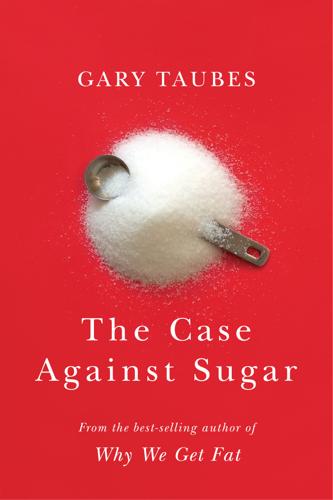
The Case Against Sugar
by Gary Taubes · 27 Dec 2016 · 406pp · 115,719 words
ALSO BY GARY TAUBES Why We Get Fat: And What to Do About It Good Calories, Bad Calories: Challenging the Conventional Wisdom on Diet, Weight Control, and Disease Bad
…
Dreams: Power, Deceit, and the Ultimate Experiment THIS IS A BORZOI BOOK PUBLISHED BY ALFRED A. KNOPF AND ALFRED A. KNOPF CANADA Copyright © 2016 by Gary Taubes All rights reserved. Published in the United States by Alfred A. Knopf, a division of Penguin Random House LLC, New York, and in Canada by
…
Chapter 8 originally appeared in Mother Jones, (November/December 2012), as “Sweet Little Lies,” coauthored by Gary Taubes and Cristin Kearns Couzens. Library of Congress Cataloging-in-Publication Data Names: Taubes, Gary, author. Title: The case against sugar / by Gary Taubes. Description: First edition. | New York : Alfred A. Knopf, 2016. | Includes bibliographical references and index. Identifiers
…
and we did nothing. GEORGE OSBORNE, U.K. chancellor of the exchequer, announcing a tax on sugary beverages, March 16, 2016 CONTENTS Cover Also by Gary Taubes Title Page Copyright Dedication Epigraph Author’s Note INTRODUCTION Why Diabetes? CHAPTER 1 Drug or Food? CHAPTER 2 The First Ten Thousand Years CHAPTER 3
…
. G. Alberti, and J. Shaw. 2001. “Global and Societal Implications of the Diabetes Epidemic.” Nature 414 (Dec. 13): 782–87. A NOTE ABOUT THE AUTHOR Gary Taubes is the author of Why We Get Fat and Good Calories, Bad Calories. He is a former staff writer for Discover and a correspondent for
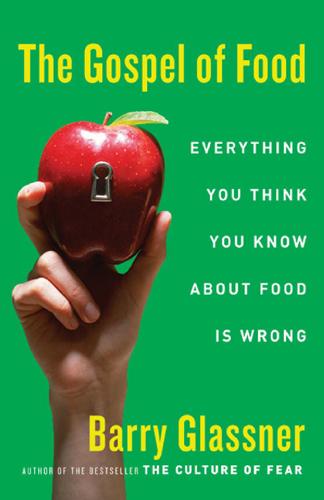
The Gospel of Food: Everything You Think You Know About Food Is Wrong
by Barry Glassner · 15 Feb 2007 · 300pp · 65,976 words
advocacy organizations such as the Center for Science in the Public Interest and from readers who accuse them variously of ignorance, naïveté, or duplicity. After Gary Taubes, a veteran science writer, argued in a New York Times Magazine piece in 2002 that foods such as steak and cheese, “considered more or less
…
anticapitalist in the business section. Critics like the Los Angeles Times’s Emily Green write for the “food” and “home” sections, and freelancers such as Gary Taubes pub- False Prophets 17 lish occasional pieces in the New York Times Magazine. To my knowledge, only one full-time science and health reporter— Gina
…
or Salt,” Appetite 43 (2004): 105–8. 26. Jane Brody, “High-Fat Diet: Count Calories and Think Twice,” New York Times, September 10, 2002. 27. Gary Taubes, “What If It’s All Been a Big Fat Lie?” New York Times, July 7, 2002; Sally Squires, “Into Our Stomachs and Out of Our
…
Minds,” “Experts Declare Story Low on Saturated Facts,” and “The Skinny on Author Gary Taubes,” Washington Post, July 28, 2002, and August 27, 2002. For Taubes’s response to Squires, see Gary Taubes, “Dietary Fat, Cont’d.,” Washington Post, September 24, 2002. 28. Publication dates for the Kolata stories: “Benefit
…
, the Benefits Remain Hypothetical and Elusive,” New York Times, September 27, 2005. 32. On the limitations of the research designs and interpretations of findings, see Gary Taubes,“Epidemiology Faces Its Limits,” Science 269 (1995): 164– 69; Gina Kolata, “In Public Health, Definitive Data and Results Can Be Elusive,” New York Times, April
…
), and corporate histories posted on McDonald’s and Burger King’s Web sites. In the 1980s, the fast-food industry continued to grow, but as Gary Taubes has pointed out, consumption of its products “did not take a sudden leap, as obe- Notes 255 sity did” (Taubes, “What If It’s All
…
as functional food, 48–51 as magic food, 49–50 Brenner, Leslie, xii, 95, 96, 109 Brody, Jane, 8–10, 66, 233n. 18 attack on Gary Taubes, 15 columns and gospel of naught, 11 “Eggs Jane,” 9 Brown, Janelle, 119 Bruni, Frank, 94–95, 217 Buchholz, Todd, 185 Burger King, 147 BK
…
), 150, 185 sweets, low-fat or nonfat, 12 Taco Bell, 141–43 chicken added to menu, 143 Talwar, Jennifer, 147–48, 165–66, 167, 169 Taubes, Gary, 15–16, 254n. 2 demonized foods and, 16 tea, green, 59 Texas Chili Parlor, Austin, 161 thyroid dysfunction, 55 Time magazine, food reporting, 5 Toke
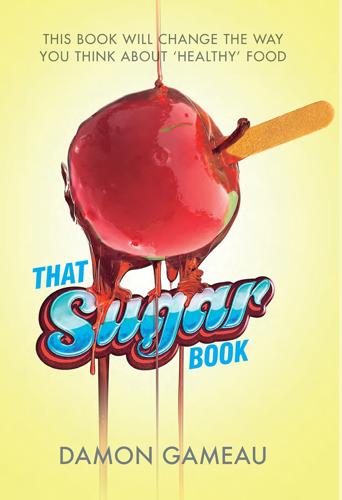
That Sugar Book: This Book Will Change the Way You Think About 'Healthy' Food
by Damon Gameau · 12 Mar 2015 · 189pp · 40,632 words
-fat movement was in full swing and seen as the healthiest diet – the food industry started tailoring their products accordingly. In San Francisco, the author Gary Taubes (Good Calories, Bad Calories and Why We Get Fat) explained to me that the iconic example is low-fat yoghurt: ‘You remove the fat, add
…
Drug Administration, the government body reviewing the safety of sugar for the first time, used this report as part of their findings. As the author Gary Taubes told me, ‘They thought, how great! The science has been done for us.’ Gary went on to say, ‘The Sugar Association’s president Jack Tatem
…
broadest possible audience the safety of sugar as a food. (For more on this, see Big Sugar’s Sweet Little Lies by Cristin Kearns and Gary Taubes, on the Mother Jones website: www.motherjones.com.) Cristin informed me that this manipulation of evidence and deliberate muddying of the waters still goes on
…
. But insulin also plays a key role in regards to fat. It stimulates fat storage by keeping the fat in the cell. This is where Gary Taubes’ Carbohydrate Hypothesis comes into play. He, and many others, believe that when we eat carbohydrates like bread, pasta and sugar, our insulin levels increase in
…
to make a delicious smoothie. ‘THROUGHOUT MY RESEARCH I HAVE CONVINCED MYSELF THAT SUGAR IS THE PROBLEM AND WITHOUT SUGAR EVERYTHING ELSE BECOMES RELATIVELY HARMLESS.’ GARY TAUBES, AUTHOR OF WHY WE GET FAT CONCLUSION/EPILOGUE The past two years of my life have involved a lot of sugar. I have experienced filling
…
, Trisha Garner, Alice Oehr. For his constant support, David Gillespie. For their scientific minds and help, Dr Ken Sikaris, Dr Simon Thornley, Dr Kieron Rooney, Gary Taubes. For their loving support, Miriam McCaffrie, Jeff Gameau, Jill Testrow, Susie Tuckwell, Alan McConnell. The Sugar Squad: Dr Debbie Herbst, Sharon Johnston, Andy Garlick, John
…
, David A. 2010, The End of Overeating. McClelland & Stewart, Toronto Moss, Michael. 2013, Salt, Sugar, Fat. Random House, New York Taubes, Gary. 2007, Good Calories, Bad Calories. Alfred A. Knopf, New York Taubes, Gary. 2010, Why We Get Fat. Alfred A. Knopf, New York Yudkin, John. 2012, Pure, White and Deadly. Penguin, London SELECTED
…
ref1 supermarket design ref1 support for removing sugar ref1 Sweden ref1 Sweet Poison (Gillespie) ref1 sweetness scale ref1 T table sugar ref1 Tatem, Jack ref1 Taubes, Gary ref1, ref2, ref3, ref4 testosterone levels ref1 The Tracker (film) ref1 tobacco smoking addiction to ref1 heart disease and ref1 sugar in cigarettes ref1 TOFI
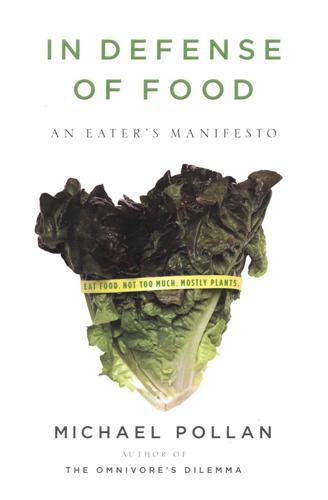
In defense of food: an eater's manifesto
by Michael Pollan · 15 Dec 2008 · 213pp · 61,911 words
fat paradigm as a historical disaster. The closest thing to such a figure we have had is not a scientist but a science journalist named Gary Taubes, who for the last decade has been blowing the whistle on the science behind the low-fat campaign. In a devastating series of articles and
…
was trying to tell us. The zero-sum fallacy of nutrition science poses another obstacle to nailing down the effect of a single nutrient. As Gary Taubes points out, it’s difficult to design a dietary trial of something like saturated fat because as soon as you remove it from the trial
…
Marge.” Meanjin. 61.4 (2002): 108–16. Shapiro, Laura. Perfection Salad: Women and Cooking at the Turn of the Century (New York: Random House, 2001). Taubes, Gary. Good Calories, Bad Calories (New York: Knopf, 2007). ———. “The Soft Science of Dietary Fat.” Science. 291.30 (March 2001). ———. “What if It’s All Been
…
is endless. A good place to start appreciating the complexities, if not impossibilities, of the field is Marion Nestle’s excellent epilogue to Food Politics. Gary Taubes offers a thorough critique of both epidemiological and clinical nutrition research in Good Calories, Bad Calories. For more on the methodology of nutrition science: Belanger
…
. Stein, Karen. “After the Media Feeding Frenzy: Whither the Women’s Health Initiative Dietary Modification Trial?” Journal of the American Dietetic Association. (2006): 794–800. Taubes, Gary. “Epidemiology Faces Its Limits.” Science. 269.5221 (1995): 164–69. ———. Good Calories, Bad Calories (New York: Knopf, 2007). Twombly, Renee. “Negative Women’s Health Initiative
…
of Invasive Breast Cancer: The Women’s Health Initiative Randomized Controlled Dietary Modification Trial.” Journal of the American Medical Association. 295.6 (2006): 629–42. Taubes, Gary. Good Calories, Bad Calories (New York: Knopf, 2007). Taubes’s reporting on and analysis of the lipid hypothesis is groundbreaking. ———. “The Soft Science of Dietary
…
’s thesis, 2005). Schmid, Ronald F. Traditional Foods Are Your Best Medicine: Improving Health and Longevity with Native Nutrition (Rochester, NY: Healing Arts Press, 1987). Taubes, Gary. Good Calories, Bad Calories (New York: Knopf, 2007). See Chapter 5, “The Diseases of Civilization.” Western Diseases. Edited by Norman J. Temple and Denis P
…
see also fructose; glucose; sucrose suicide supermarkets avoiding organic food in peripheries of shopping in supplements antioxidant Supreme Court, U.S. Switzerland, teeth in tallow Taubes, Gary thrombogenesis thromboxane thyme tofu tomatoes trans fats low intake of margarine and treatment effect triglycerides of Aborigines turkey Twinkies ”Types of Dietary Fat and Risk
…
Steven Bratman. Though orthorexia is not yet an eating disorder recognized by the Diagnostic and Statistical Manual of Mental Disorders, academic investigation is under way. *Gary Taubes describes the developing carbohydrate hypothesis at great length in Good Calories, Bad Calories. According to the hypothesis, most of the damage to our health that
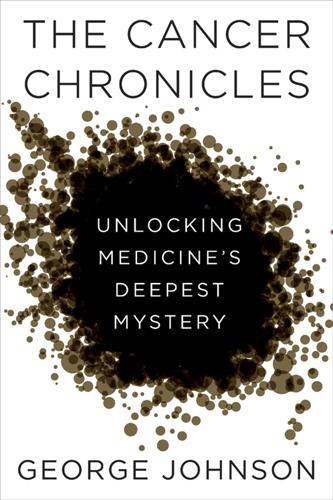
The Cancer Chronicles: Unlocking Medicine's Deepest Mystery
by George Johnson · 26 Aug 2013 · 465pp · 103,303 words
other colleagues—Christie Aschwanden, Siri Carpenter, Jennie Dusheck, Jeanne Erdmann, Dan Fagin, Louisa Gilder, Amy Harmon, Erika Check Hayden, Kendall Powell, Julie Rehmeyer, Lara Santoro, Gary Taubes, and Margaret Wertheim—for their reactions and advice on the manuscript. Several recent alumni of the Santa Fe Science Writing Workshop read early versions, offering
…
sixty kilograms.” I pictured a hundred-pound pile of sugar and eating it over the course of twelve months. I was reminded of the journalist Gary Taubes, who argues that carbs and sugar, rather than dietary fat and overeating, drive the modern obesity epidemic and the damage it causes, including cancer, by
…
://www.hsph.harvard.edu/nutritionsource/nutrition-news/low-fat] 27. sugar may pose a greater danger: Gary Taubes, Good Calories, Bad Calories: Fats, Carbs, and the Controversial Science of Diet and Health (New York: Vintage, 2008); and Gary Taubes, Why We Get Fat: And What to Do About It (New York: Knopf, 2010). 28
…
.nih.gov/pmc/articles/PMC1780220] Also involved is the Warburg effect, in which cancer cells shift to an essentially anaerobic metabolism. For an overview see Gary Taubes, “Unraveling the Obesity-Cancer Connection,” Science 335, no. 6064 (January 6, 2012): 28–32. [http://www.sciencemag.org/content/335/6064/28] 37. age of
…
.5 survivors, use of term Susan (author’s friend) taphonomic changes targeted therapies, 8.1, 9.1, 11.1, 12.1, 13.1 Tasmanian devils Taubes, Gary Taxol (paclitaxel), 8.1, 8.2, 8.3, 9.1 Taxus brevifolia (Pacific yew tree) Technology Assessment Office, U.S. teeth, 3.1, 3.2
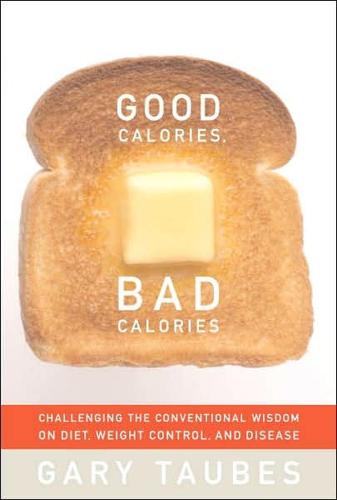
Good Calories, Bad Calories: Challenging the Conventional Wisdom on Diet, Weight Control, and Disease
by Gary Taubes · 25 Sep 2007 · 936pp · 252,313 words
The Fattening Carbohydrate Disappears 24 The Carbohydrate Hypothesis III: Hunger and Satiety Epilogue Notes Bibliography Acknowledgments Illustration Credits A Note About the Author Also by Gary Taubes Copyright FOR SLOANE AND HARRY, MY FAMILY Prologue A BRIEF HISTORY OF BANTING Farinaceous and vegetable foods are fattening, and saccharine matters are especially so
…
186, Die Magersucht, Grafe, Figure 20 (Photograph of O. B. Meyer). With kind permission of Springer Science and Business Media. A NOTE ABOUT THE AUTHOR Gary Taubes is a correspondent for Science magazine. His articles about science, medicine, and health have appeared in Discover, The Atlantic Monthly, and The New York Times
…
, Deceit and the Ultimate Experiment. He was educated at Harvard, Stanford, and Columbia. He lives in Manhattan with his wife and their son. ALSO BY GARY TAUBES Bad Science: The Short Life and Weird Times of Cold Fusion Nobel Dreams: Power, Deceit and the Ultimate Experiment *1 When the first American edition
…
total calories, the total amount of carbohydrates consumed decreased. Return to text. THIS IS A BORZOI BOOK PUBLISHED BY ALFRED A. KNOPF Copyright © 2007 by Gary Taubes All rights reserved. Published in the United States by Alfred A. Knopf, a division of Random House, Inc., New York, and in Canada by Random
…
by permission of the Publishing Division of the Massachusetts Medical Society. Library of Congress Cataloging-in-Publication Data Taubes, Gary. Good calories, bad calories: challenging the conventional wisdom on diet, weight control, and disease / Gary Taubes.—1st ed. p. cm. “Borzoi book.” Includes bibliographical references. 1. Low-carbohydrate diet. 2. Reducing diets. 3. Weight
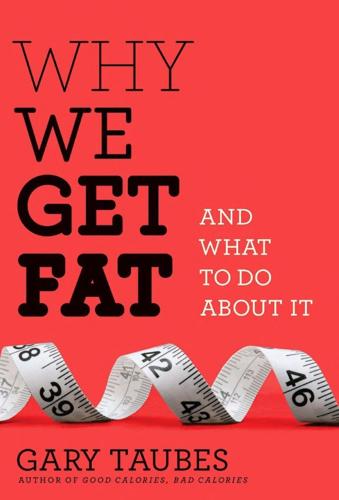
Why We Get Fat and What to Do About It
by Gary Taubes · 28 Dec 2010 · 255pp · 75,208 words
Times of Cold Fusion Nobel Dreams: Power, Deceit and the Ultimate Experiment THIS IS A BORZOI BOOK PUBLISHED BY ALFRED A. KNOPF Copyright © 2011 by Gary Taubes All rights reserved. Published in the United States by Alfred A. Knopf, a division of Random House, Inc., New York, and in Canada by Random
…
Knopf, Borzoi Books, and the colophon are registered trademarks of Random House, Inc. Library of Congress Cataloging-in-Publication Data Taubes, Gary. Why we get fat and what to do about it / Gary Taubes. p. cm. eISBN: 978-0-307-59551-5 1. Low-carbohydrate diet. 2. Weight loss. 3. Obesity—Etiology. I. Title
…
. Courtesy of Informa Healthcare Communications. Reprinted from Endocrinology: An Integrated Approach, Stephen Nussey and Saffron Whitehead, page 31. Copyright 2001. A Note About the Author Gary Taubes is the author of Good Calories, Bad Calories: Challenging the Conventional Wisdom on Diet, Weight Control, and Disease. He is a contributing correspondent for Science

Apocalypse Never: Why Environmental Alarmism Hurts Us All
by Michael Shellenberger · 28 Jun 2020
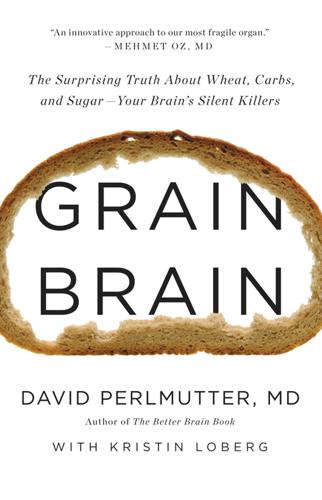
Grain Brain: The Surprising Truth About Wheat, Carbs, and Sugar--Your Brain's Silent Killers
by David Perlmutter and Kristin Loberg · 17 Sep 2013
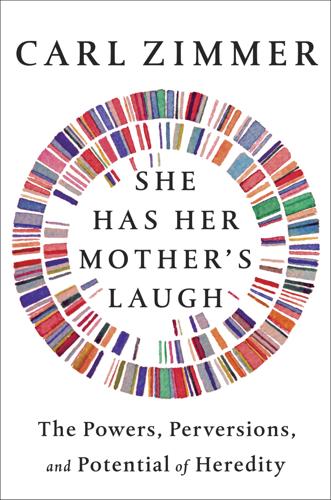
She Has Her Mother's Laugh
by Carl Zimmer · 29 May 2018
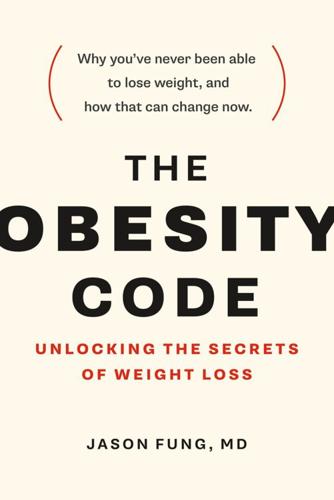
The Obesity Code: Unlocking the Secrets of Weight Loss
by Jason Fung · 3 Mar 2016 · 321pp · 90,850 words
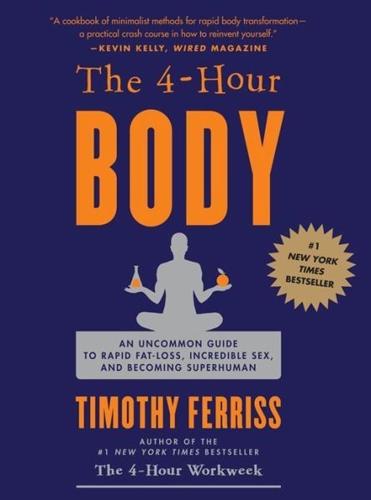
The 4-Hour Body: An Uncommon Guide to Rapid Fat-Loss, Incredible Sex, and Becoming Superhuman
by Timothy Ferriss · 1 Dec 2010 · 836pp · 158,284 words
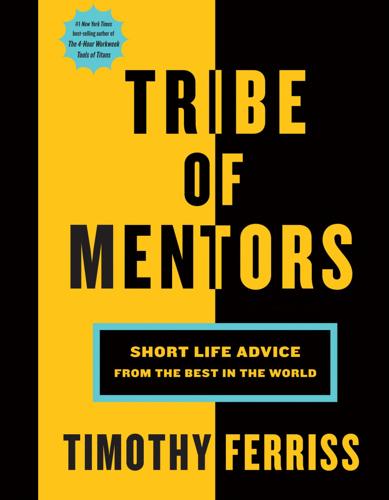
Tribe of Mentors: Short Life Advice From the Best in the World
by Timothy Ferriss · 14 Jun 2017 · 579pp · 183,063 words
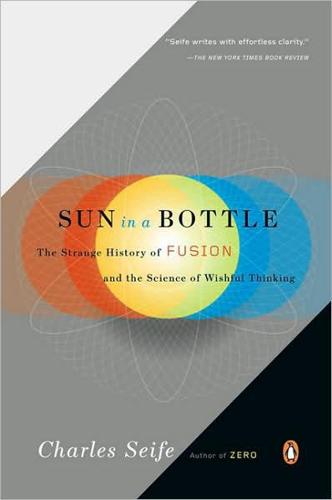
Sun in a Bottle: The Strange History of Fusion and the Science of Wishful Thinking
by Charles Seife · 27 Oct 2009 · 356pp · 95,647 words

Global Spin: The Corporate Assault on Environmentalism
by Sharon Beder · 1 Jan 1997 · 651pp · 161,270 words
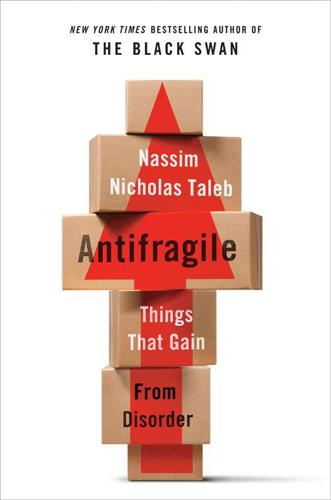
Antifragile: Things That Gain From Disorder
by Nassim Nicholas Taleb · 27 Nov 2012 · 651pp · 180,162 words
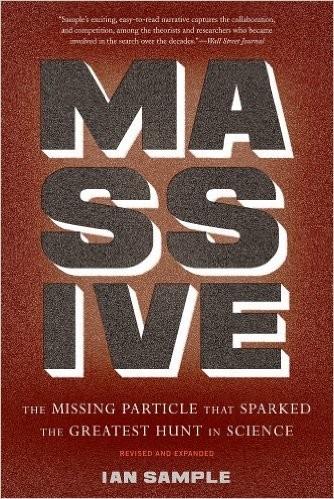
Massive: The Missing Particle That Sparked the Greatest Hunt in Science
by Ian Sample · 1 Jan 2010 · 310pp · 89,838 words
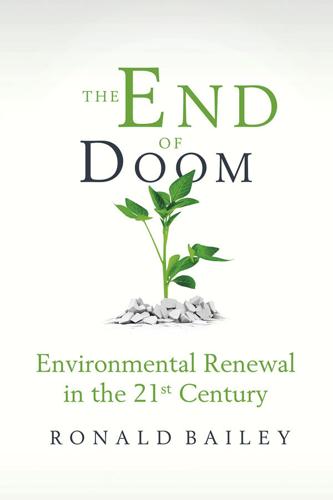
The End of Doom: Environmental Renewal in the Twenty-First Century
by Ronald Bailey · 20 Jul 2015 · 417pp · 109,367 words
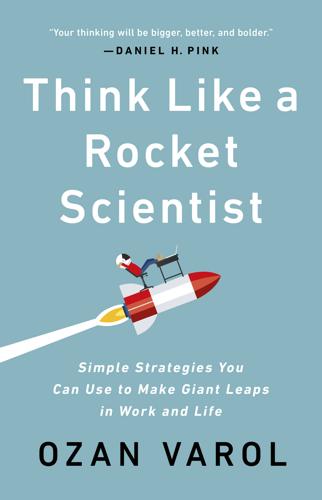
Think Like a Rocket Scientist: Simple Strategies You Can Use to Make Giant Leaps in Work and Life
by Ozan Varol · 13 Apr 2020 · 389pp · 112,319 words
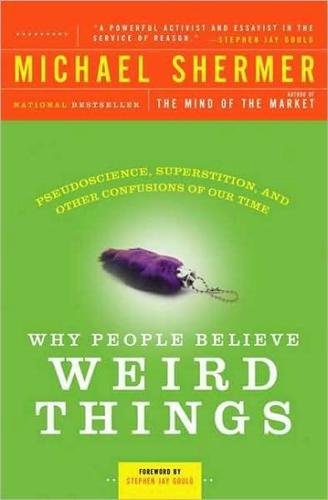
Why People Believe Weird Things: Pseudoscience, Superstition, and Other Confusions of Our Time
by Michael Shermer · 1 Jan 1997 · 404pp · 134,430 words
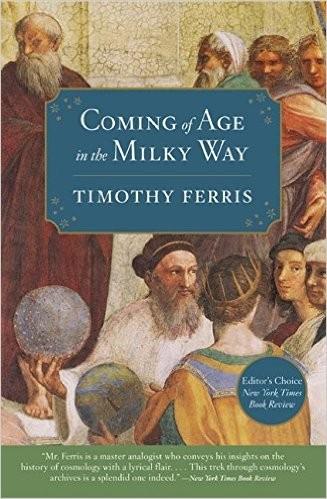
Coming of Age in the Milky Way
by Timothy Ferris · 30 Jun 1988 · 661pp · 169,298 words
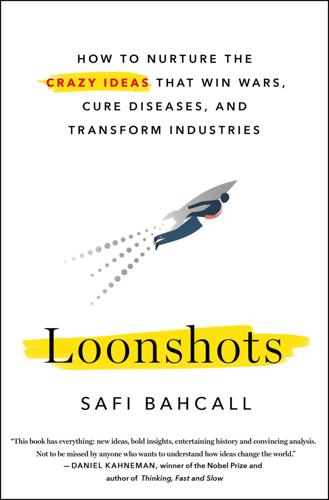
Loonshots: How to Nurture the Crazy Ideas That Win Wars, Cure Diseases, and Transform Industries
by Safi Bahcall · 19 Mar 2019 · 393pp · 115,217 words
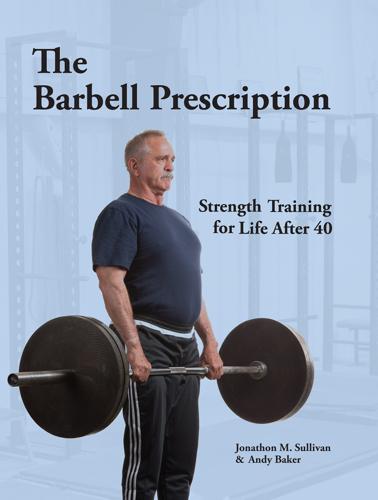
The Barbell Prescription: Strength Training for Life After 40
by Jonathon Sullivan and Andy Baker · 2 Dec 2016 · 742pp · 166,595 words
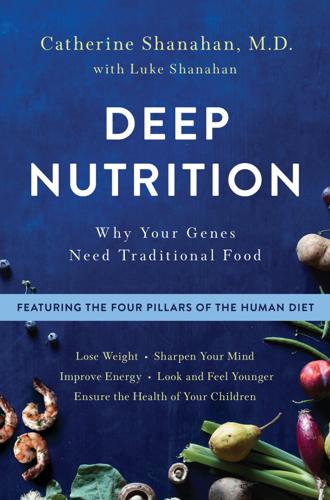
Deep Nutrition: Why Your Genes Need Traditional Food
by Catherine Shanahan M. D. · 2 Jan 2017 · 659pp · 190,874 words
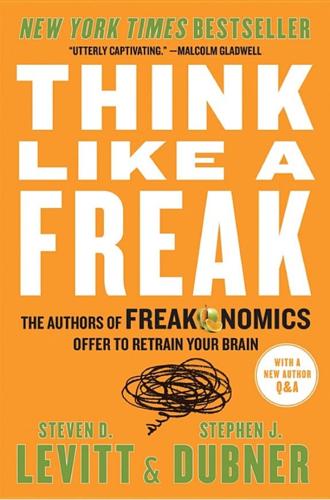
Think Like a Freak
by Steven D. Levitt and Stephen J. Dubner · 11 May 2014 · 240pp · 65,363 words
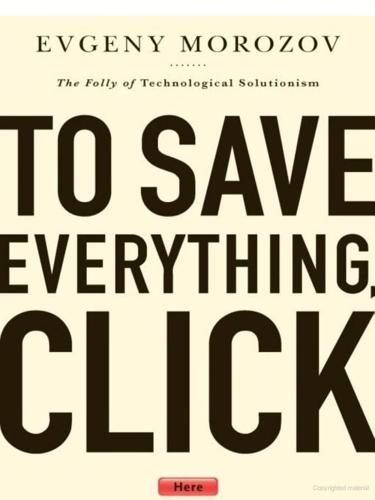
To Save Everything, Click Here: The Folly of Technological Solutionism
by Evgeny Morozov · 15 Nov 2013 · 606pp · 157,120 words
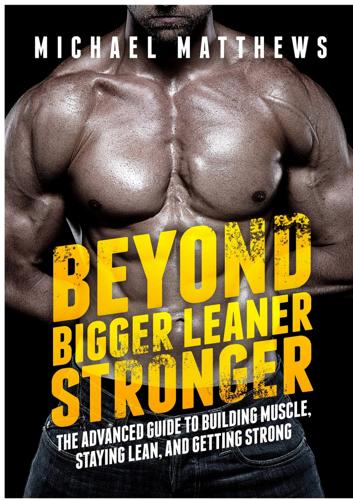
Beyond Bigger Leaner Stronger: The Advanced Guide to Building Muscle, Staying Lean, and Getting Strong
by Michael Matthews · 15 Jun 2014
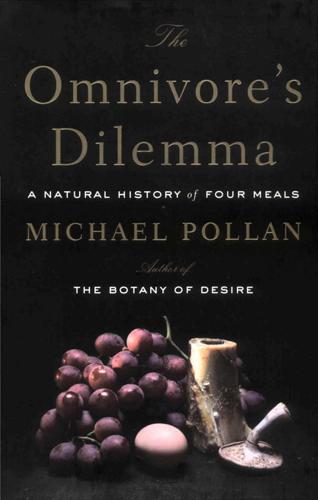
The omnivore's dilemma: a natural history of four meals
by Michael Pollan · 15 Dec 2006 · 467pp · 503 words
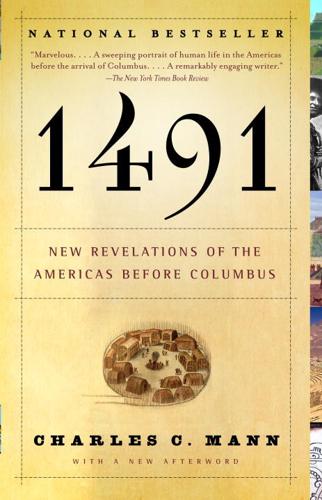
1491
by Charles C. Mann · 8 Aug 2005 · 666pp · 189,883 words
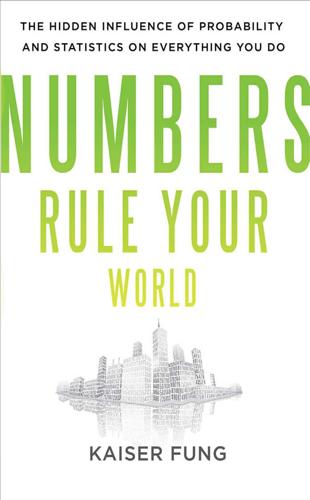
Numbers Rule Your World: The Hidden Influence of Probability and Statistics on Everything You Do
by Kaiser Fung · 25 Jan 2010 · 227pp · 62,177 words
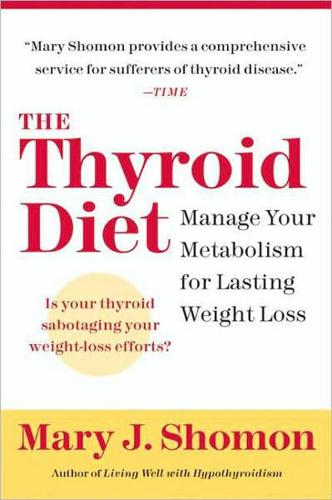
The Thyroid Diet
by Mary J. Shomon · 31 Aug 2004 · 384pp · 90,089 words
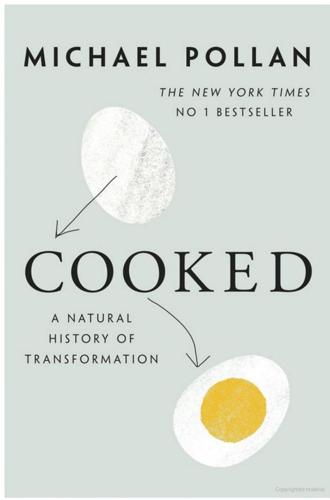
Cooked: A Natural History of Transformation
by Michael Pollan · 22 Apr 2013 · 476pp · 148,895 words
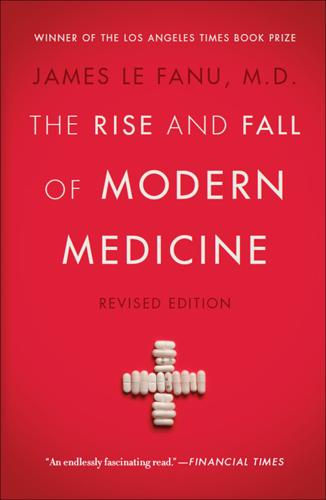
The Rise and Fall of Modern Medicine
by M. D. James le Fanu M. D. · 1 Jan 1999 · 564pp · 163,106 words

Rocket Men: The Daring Odyssey of Apollo 8 and the Astronauts Who Made Man's First Journey to the Moon
by Robert Kurson · 2 Apr 2018 · 361pp · 110,905 words
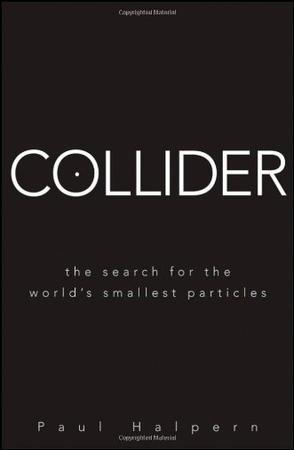
Collider
by Paul Halpern · 3 Aug 2009 · 279pp · 75,527 words